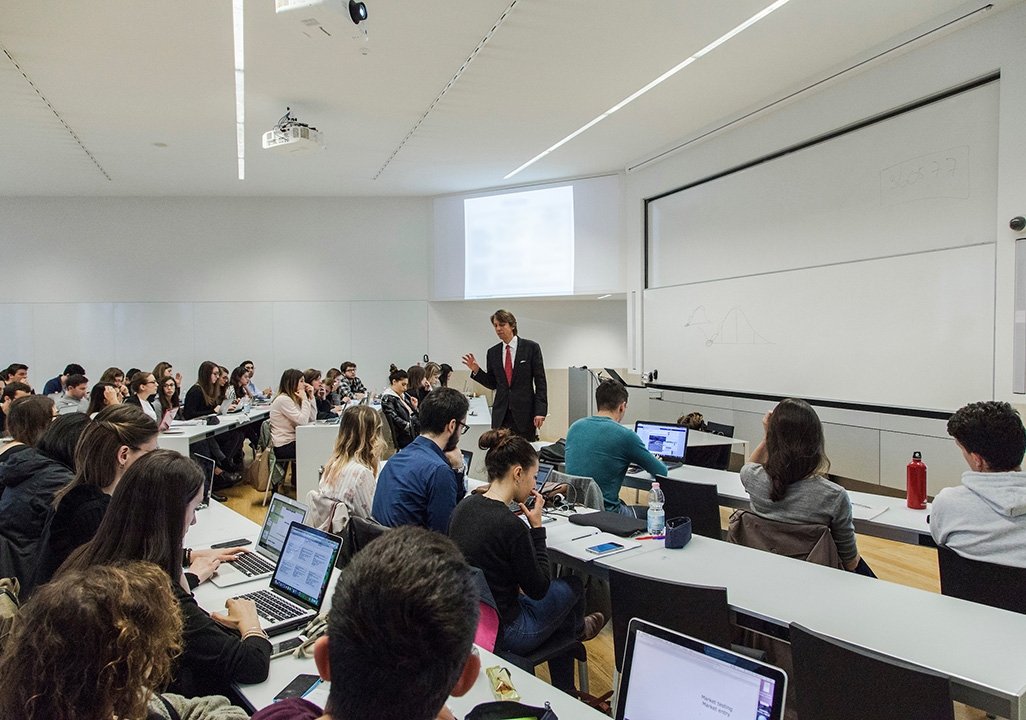Noam Yuchtman - Correcting Racial Injustice: Forensic DNA Technology and the Exoneration of the Wrongfully Convicted

ABSTRACT:
Wrongful convictions are among the most egregious expressions of racial injustice in the US criminal justice system. Technological change, in particular forensic DNA technology, offers the promise of correcting past injustices. In this paper we argue that laws streamlining access to post-conviction DNA technology (“DNA laws") significantly increased the rate of exoneration of Black Americans serving life sentences. We present a conceptual framework in which DNA laws reduce the cost of exoneration technology, potentially having differing effects by race stemming from unequal access to alternative exoneration technologies. Consistent with the model, we find that DNA laws increase exonerations using DNA technology for Blacks and for (non-Black) others. Also consistent with the model, Blacks exhibit statistically significant increases in total exoneration while others exhibit more substitution across exoneration technologies, and smaller net effects. These patterns emerge only after DNA laws are passed, supporting a causal interpretation. A survival analysis indicates that Blacks were exonerated significantly more slowly than others prior to DNA laws, with substantial convergence in exoneration rates following the laws’ passage. A counterfactual analysis suggests that in the absence of DNA laws, around 100 wrongfully convicted Black Americans would have died in prison, and wrongfully convicted Blacks would have served over 1,800 total years of additional prison time. Our results reveal how deeply rooted racial differentials can be addressed through systemic changes on multiple margins, in this case, technological and legal.
For further information contact sara.picciallo@unibocconi.it